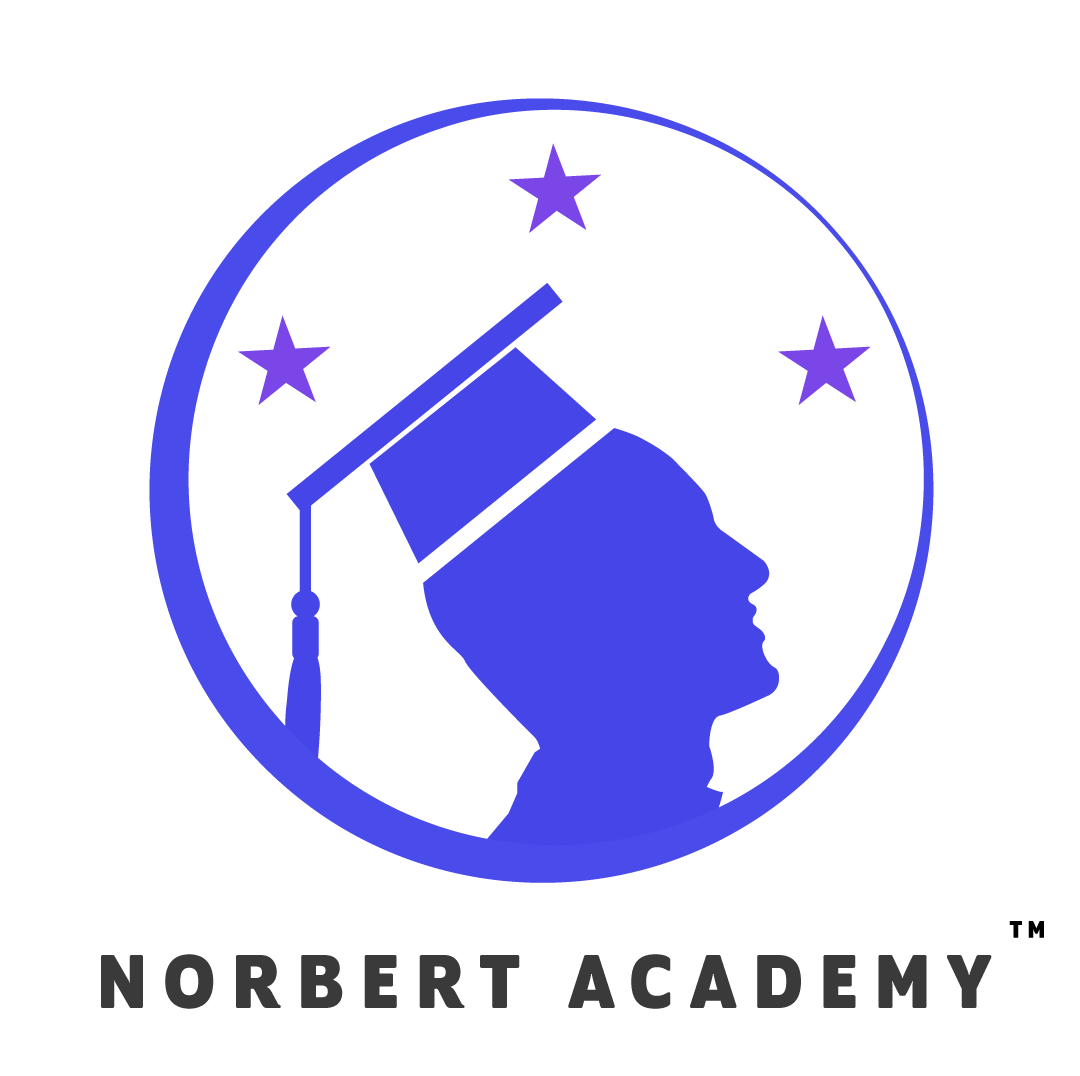Terrance Howard science claims have caused quite a stir, especially after his appearance on Joe Rogan’s podcast. You might have come across this blog feeling disillusioned after listening to some of his claims. He is infamous for asserting that 1 x 1 = 2! While I agree with certain things he said on the podcast, he seems to have misunderstood some fundamental concepts related to semantics, logic, and teleology. In this blog, I will respond to Terrance Howard’s incoherent claims about science.
Understanding the difference between theoretical science and productive science
Theoretical Science
Theoretical science focuses on developing abstract concepts, models, and theories to explain natural phenomena. It emphasizes understanding the fundamental principles and underlying mechanisms that govern the universe.
- Abstract Focus: Theoretical sciences deal with ideas, models, and mathematical frameworks rather than practical applications.
- Mathematical Models: They often involve creating and manipulating mathematical models to predict and explain phenomena.
- Hypothesis and Theory Development: The work primarily revolves around formulating hypotheses and developing theories.
- Proof and Logic: Emphasis is placed on logical deduction and proof rather than empirical verification through experiments.
- Less Immediate Practical Application: The applications of theoretical science may not be immediately apparent and often require further development to become practically useful.
Examples of theoretical science includes Theoretical Physics, Mathematics etc.
Productive Science
Productive science, also known as applied science, focuses on using scientific knowledge to develop technologies, solve practical problems, and create products that improve human life. It emphasizes practical applications and tangible outcomes.
- Practical Focus: Productive sciences are oriented towards solving real-world problems and creating practical applications.
- Experimentation and Empirical Data: They rely heavily on experiments, observations, and empirical data to test theories and develop solutions.
- Technological Development: These sciences lead directly to technological innovations and industrial applications.
- Immediate Practical Benefits: The results often have immediate and noticeable impacts on everyday life, industry, and the economy.
- Interdisciplinary Approach: Often involves integrating knowledge from various theoretical sciences to achieve practical goals.
Examples of productive or applied science: Applying principles from physics and mathematics to design and build structures, machines, and devices.
Theoretical Nature of Mathematics
Mathematics is often described as both a theoretical and an abstract science, though it doesn’t fit neatly into the same category as empirical sciences like physics, chemistry, or biology. Here’s a detailed look at its classification:
- Abstract Structures: Mathematics deals with abstract structures and concepts such as numbers, shapes, functions, and spaces. These entities are not physical objects but are instead theoretical constructs that help us understand patterns and relationships.
- Axiomatic Systems: Much of mathematics is built upon axiomatic systems. Mathematicians develop theories by starting with basic axioms and deriving theorems through logical reasoning. This approach is inherently theoretical, as it does not rely on physical experimentation but on logical deduction.
- Pure vs. Applied Mathematics: Pure mathematics focuses on developing mathematical theories and understanding fundamental principles without immediate concern for practical applications. This pursuit is highly theoretical. Applied mathematics, on the other hand, uses these theories to solve practical problems in science, engineering, economics, and other fields. While applied mathematics interacts with empirical data, the core methods and theories are still grounded in abstract, theoretical principles.
Mathematics and Science
- Foundational Role: Mathematics underpins many scientific disciplines. It provides the language and tools for formulating and solving scientific problems. Theoretical physics, for example, relies heavily on mathematical frameworks to describe physical phenomena.
- Productive Science vs. Mathematics: Unlike productive sciences, mathematics does not rely on experimentation or observation of the physical world to validate its theories. Instead, mathematical truths are established through rigorous proof. This difference sets mathematics apart as a more theoretical discipline.
Does Mathematics disprove “1 x 1 = 2”?
As we have seen above, Mathematics is just a theory and it disregards the immediate concern for practical applications. Mathematics doesn’t disprove the statement “1×1=2”; rather, it proves that statement false, contrary to what Terrance Howard asserts. In mathematics, specifically arithmetic, multiplication is defined as a repeated addition. So, 1×1 means adding 1 to itself once.
Here’s why 1×1=1, not 2:
Let’s break it down:
- Multiplication: 1×1 means adding 1 to itself once.
- Addition: Adding 1 to itself once results in 1.
- Equality: Therefore, 1×1 equals 1, not 2.
Mathematics relies on axioms and definitions, and the definition of multiplication as repeated addition is fundamental. According to this definition, 1×1 represents the operation of adding 1 to itself once, which yields 1, not 2. Therefore, mathematically, 1×1=1, and the statement 1×1=2 is false.
Do you want to take Terrance Howard’s science claims at face value?
My recommendation is to filter out what seems too good to be true and grab your favorite beverage to enjoy Terrance Howard’s talks as you would enjoy his movies. Redefining something with a well-established foundation and meaning can lead to significant challenges and even conflicts. When an idea, concept, or term has gained widespread recognition and acceptance based on its original definition, attempting to redefine it can create confusion and resistance. This problem arises because the original definition often carries with it a rich history, and shared understanding among people.
Terrance Howard’s attempt to redefine logical thought process will significantly weakens his credibility. So he should be more careful when dealing with things pertain to science.

